The upcoming 2024 report on the state of global food security, set to be released on July 24th, is not just another document – it’s a wake-up call for the international community. As hunger and malnutrition continue to plague millions worldwide, the report highlights the urgent need for a paradigm shift in how we approach and finance food security initiatives.
At the heart of the report’s recommendations is a bold call for a more holistic and efficient approach to funding. The current fragmented system, with its short-term projects and lack of consensus on priorities, is failing to address the root causes of food insecurity. By advocating for better-targeted additional funding and improved traceability of aid, the report challenges the status quo and pushes for meaningful change.
One of the most striking insights from the report is the mismatch between current aid allocation and long-term solutions. While the majority of development aid supports immediate food consumption, far less is directed towards addressing the underlying causes of food insecurity and malnutrition. Even less goes towards health initiatives, creating a cycle of short-term relief without sustainable improvement.
The report’s authors envision a future where synergies between funding sources are maximized, directing resources more effectively to the most affected regions. This approach recognizes the complex, interconnected nature of food security and nutrition, calling for solutions that cut across sectors and disciplines.
Perhaps most innovative is the report’s emphasis on result-oriented financing. By focusing on the overall impact of defined solutions, rather than isolated interventions, the approach could unlock additional funding and optimize existing resources. The example of rural energy development illustrates this perfectly – improvements in electricity access can boost agricultural productivity through better irrigation, machinery, and storage facilities.
Recognizing that public sector resources alone are insufficient to tackle this global challenge, the report also advocates for increased use of blended finance. This approach, combining public, private, and philanthropic capital, could provide the scale of funding needed to make a significant dent in global hunger and food insecurity.
As the G20 Working Group on the Global Alliance Against Hunger and Poverty prepares to discuss these findings, the world watches with bated breath. Will this be the turning point in our fight against hunger? Only time will tell, but one thing is clear – business as usual is no longer an option. The 2024 report on global food security is not just calling for change; it’s demanding a revolution in how we think about, fund, and implement food security initiatives worldwide.








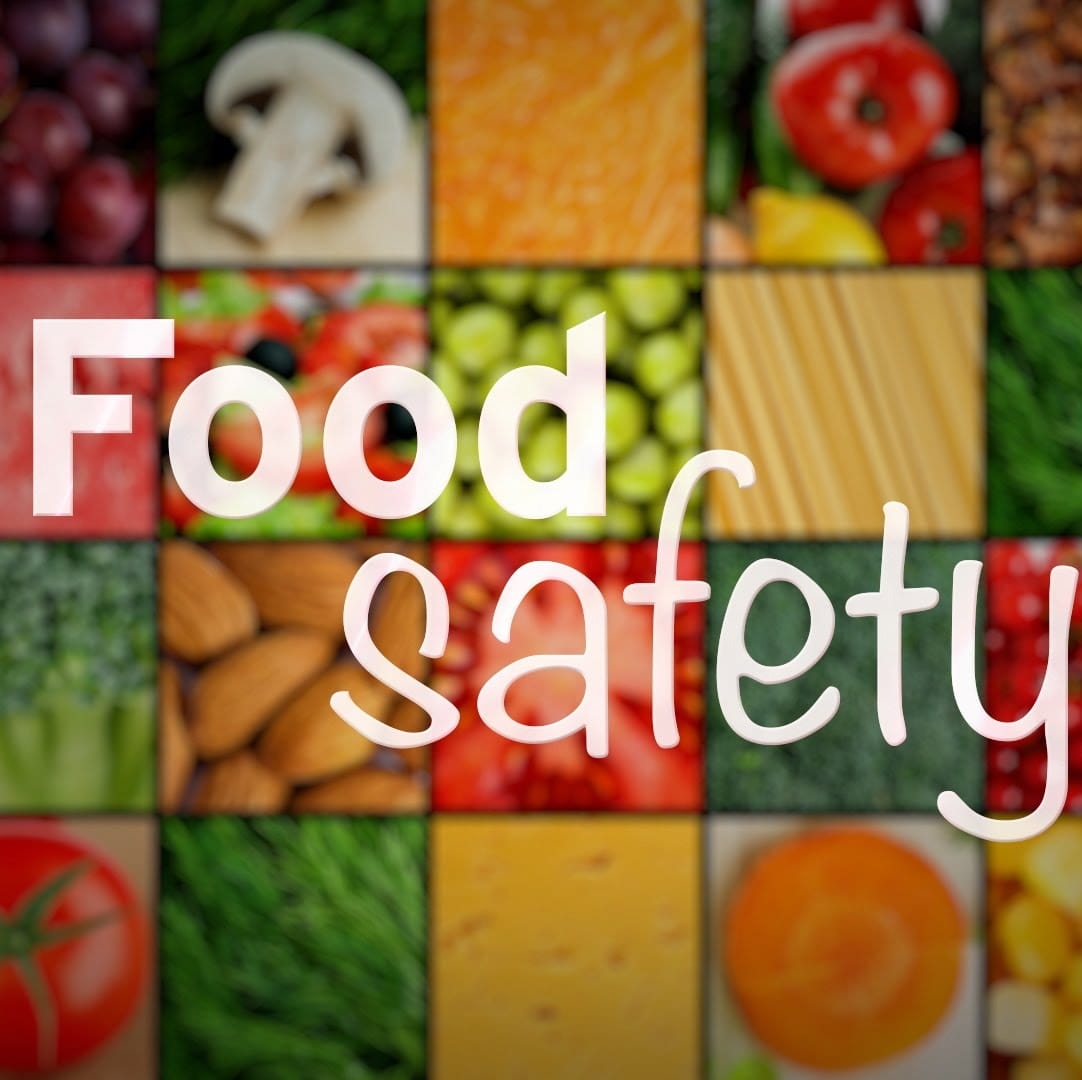


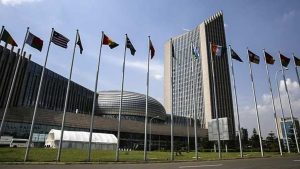
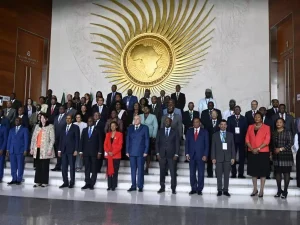


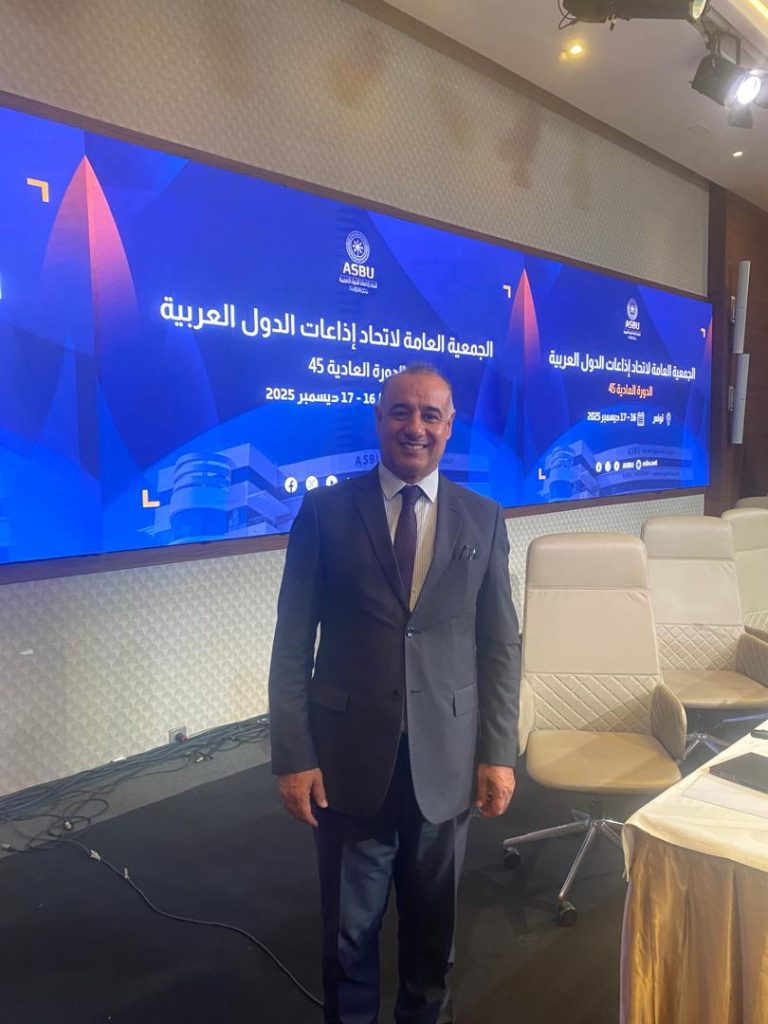

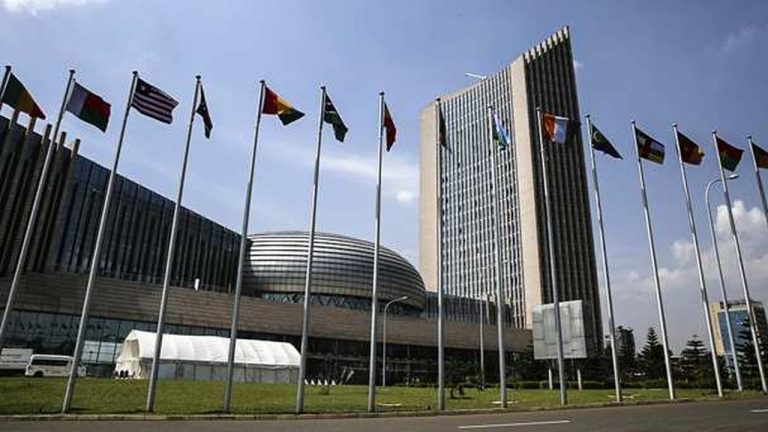
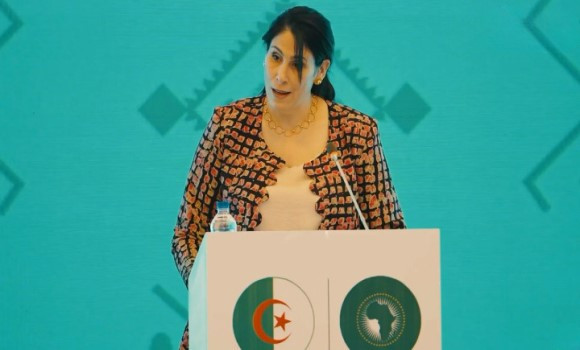
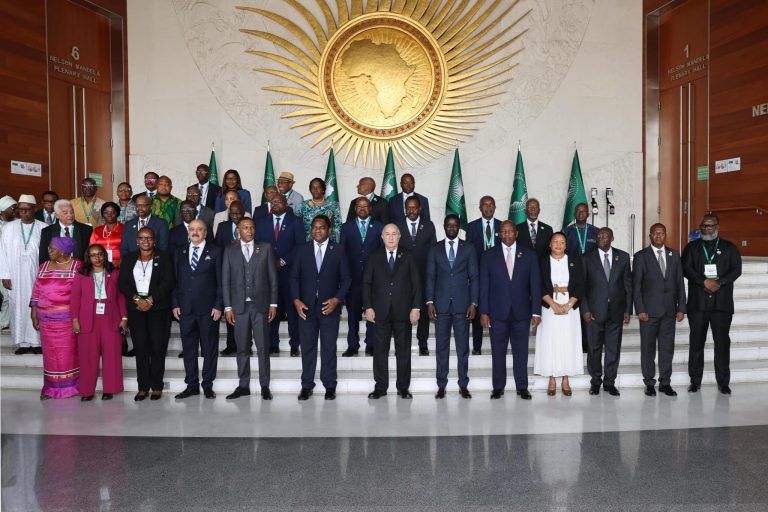
+ There are no comments
Add yours